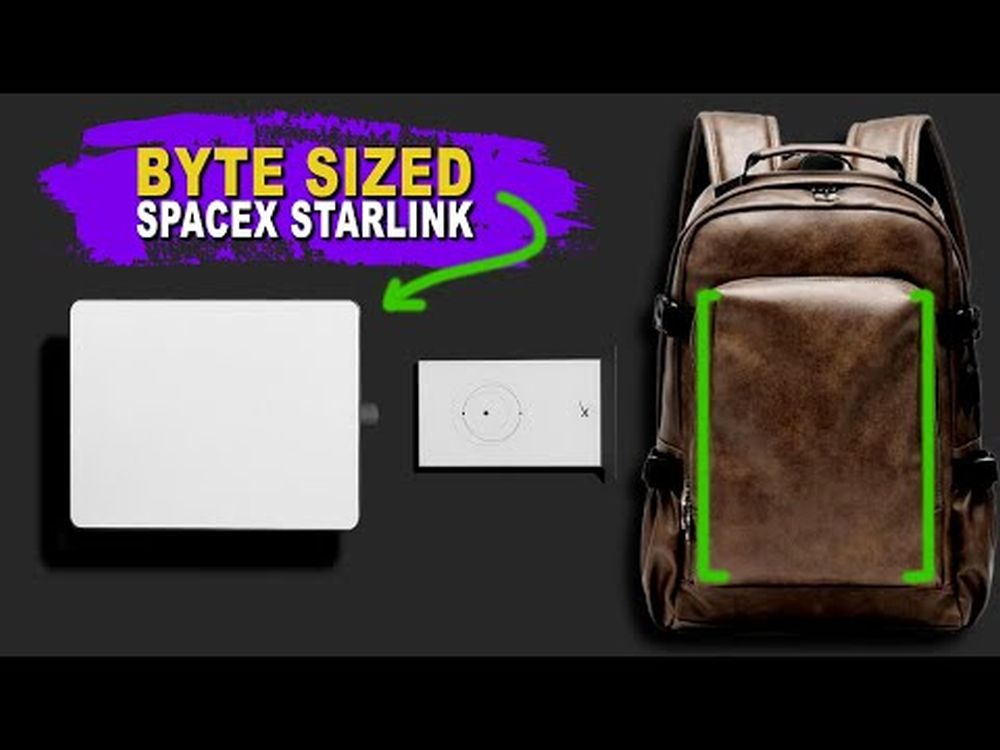SpaceX’s latest innovation, the Starlink Mini, is revolutionizing portable satellite internet access for outdoor enthusiasts and remote workers alike. This compact dish, designed to fit snugly in a backpack, brings high-speed internet to previously inaccessible locations, from remote campsites to off-grid cabins. Measuring just 11.75 inches x 10.2 inches and weighing slightly over two pounds, the Starlink Mini is about the size of a laptop, making it an ideal companion for those who need to stay connected while on the move.

Despite its small size, the Starlink Mini packs a powerful punch in terms of performance. Capable of download speeds up to 100 Mbps and boasting latency as low as 23ms, this device can support multiple 4K video streams simultaneously. Its robust design includes an IP67 dust and water-resistant rating, allowing it to function reliably in temperatures ranging from -22°F to 122°F. This durability, combined with its impressive technical specifications, makes the Starlink Mini a versatile solution for a wide range of outdoor and remote applications.

One of the most notable features of the Starlink Mini is its power efficiency. Consuming only 25-40 watts on average, it represents a significant reduction in energy usage compared to the standard Starlink dish, which typically requires 75-100 watts. This low power consumption not only makes the Mini more environmentally friendly but also extends its usability in off-grid scenarios where power may be limited.

Currently priced at $599, the Starlink Mini is being offered as an upsell to existing Starlink residential service customers. It comes with a monthly subscription fee of $30 for the Mini Roam service, which includes a 50GB data cap, with additional usage charged at $1 per gigabyte. While initially available in select South American countries and on a limited basis in the US, SpaceX aims to expand availability and potentially reduce prices in the future. As production ramps up, this “great low-cost option,” as Elon Musk describes it, may become even more accessible, further democratizing high-speed internet access in remote and challenging environments.

